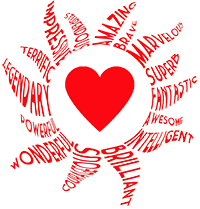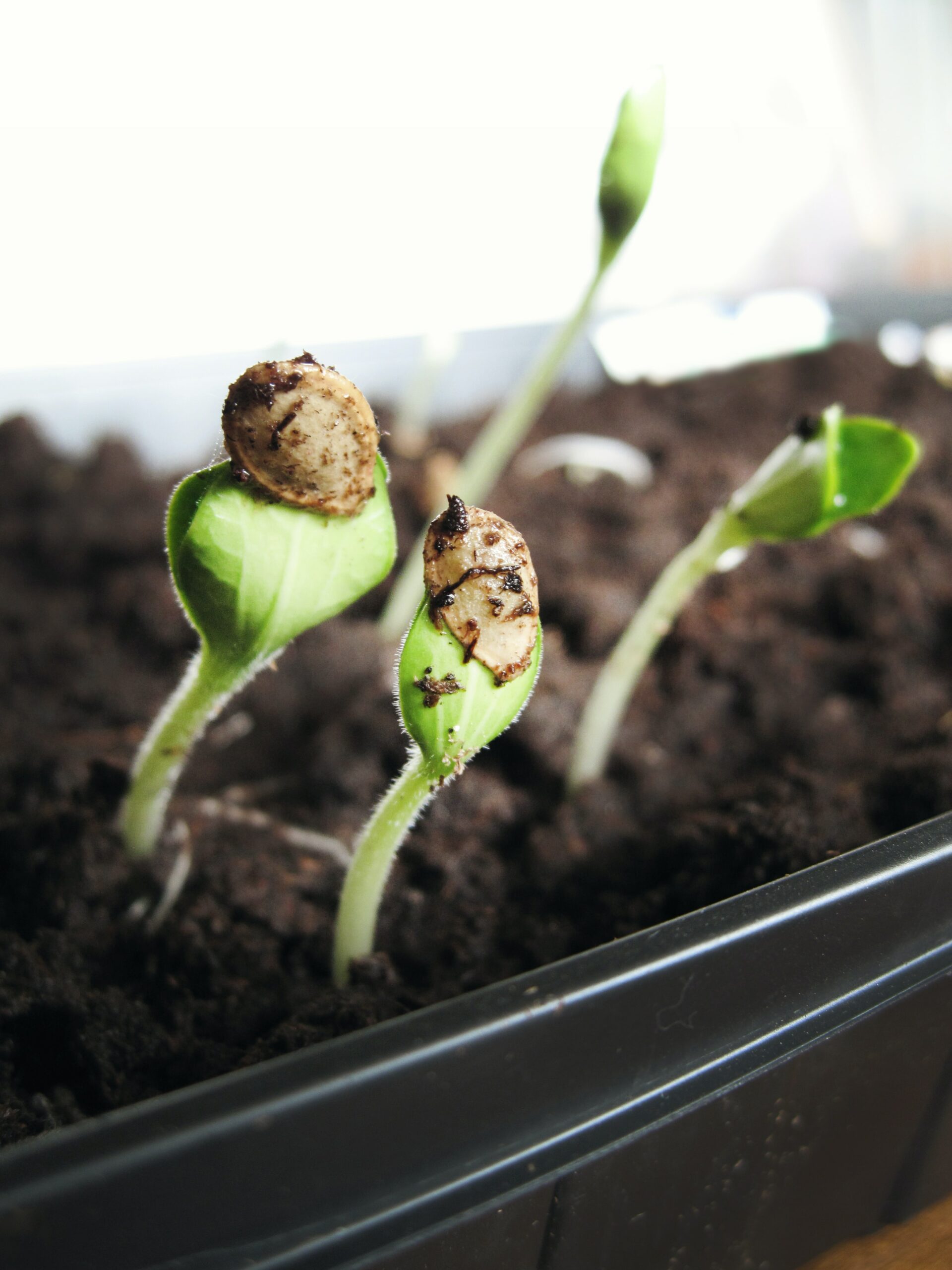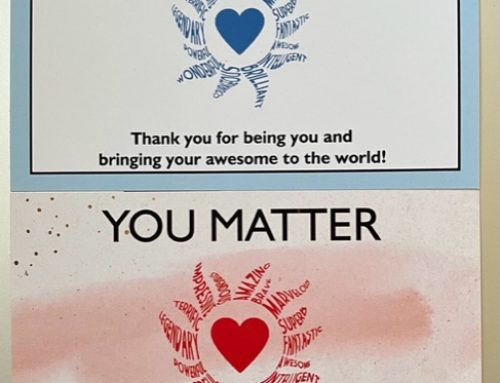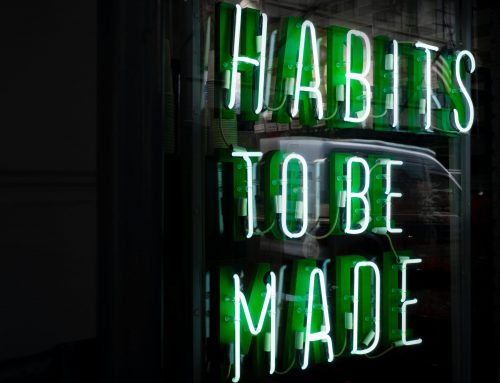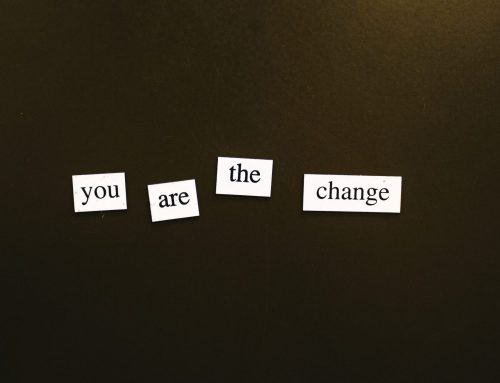Do you ever notice that there is a tendency to put people, places, and things in a category of good or bad? Where I work I have heard students described as good kids or bad kids. Me, well being me, will always point that out and reframe the language. I see it in the media and over hear the good-bad in conversations. We do the same with other things. For example food, one of my favorite things to talk about along with the eating, can be described as a good food or a bad food. Yet just think we if only ate those “good” carrots? What about that occasional delicious donut? The same can be said for places. Areas are “good” or that area is “bad.”
Dictionary.com defines good as “the be desired or approved of” and bad as “of poor quality or low standard.”
Feels like we are having too much talk about the good and bad, yet what does that mean? One of the areas I emphasize as a therapist and in my own personal life is the use of language and the words we use to describe our experiences. Our brains our listening and absorbing whatever we are saying whether it is out loud or in our heads. Words have power. We listen and absorb them.
“Words are singularly the most powerful force available to humanity. We can choose to use this force constructively with words of encouragement, or destructively using words of despair. Words have energy and power with the ability to help, to heal, to hinder, to hurt, to harm, to humiliate and to humble.” Yehuda Berg
In an article in Huffpost in 2014 written by Dr. Hyder Zahed titled “The Power of Spoken Words” says
“Thich Nhat Hanh, a contemporary Buddhist monk and global peace worker and writer in his book, Being Peace states “speaking honestly in any negotiation between individuals or groups is necessary. Speaking the truth in a loving way is also necessary.” Hahn recommends only “loving speech” even when we are communicating about our differences and disagreements. We must be ‘lovingly honest’; we must discipline ourselves to speak in a manner that conveys respect, gentleness, and humility’.
Gary Chapman in his book, Love as a Way of Life uses the vivid metaphor for words as being either ‘bullets or seeds’. If we use our words as bullets with a feeling of superiority and condemnation, we are not going to be able to restore a relationship to love. If we use our words as seeds with a feeling of supportiveness and sincere good will, we can rebuild a relationship in positive and life-affirming ways.”
It seems that we limit ourselves and minimize others when we speak in terms of only good or only bad. I think of myself as a pretty solid caring person. I am not perfect. None of us are. I have made some poor choices and acted in crappy ways. I have also acted in generous, giving ways. Does that make me good or do some of my actions make me bad? Or neither?
“Words -so innocent and powerless as they are, as standing in a dictionary, how potent for good and evil they become in the hands of one who knows how to combine them.” Nathaniel Hawthorne
My challenge to y’all today is to begin, unless you already do this, paying attention to the language you use. Stop saying people, places, and things are good or bad. Work hard to use compassionate words. In our world where there are far too many bullets ending too many lives use your words to plant seeds of love, kindness, and courage. It might take some practice to get there. Yet I say from my own experience with my battle with myself and my head, the major turning point was changing the words and language I used to describe myself and others. Let’s begin a revolution where we use our words as seeds to help ourselves and everyone grown. Let’s stop using good and bad descriptors. You matter. The words you speak and think build the house you live in. So make your vessel with all the compassion and positivity you can. Use your words for healing while speaking your truth. I know you can. I believe in you!
May your seed words be with you💜
Photo by Jen Theodore on Unsplash
